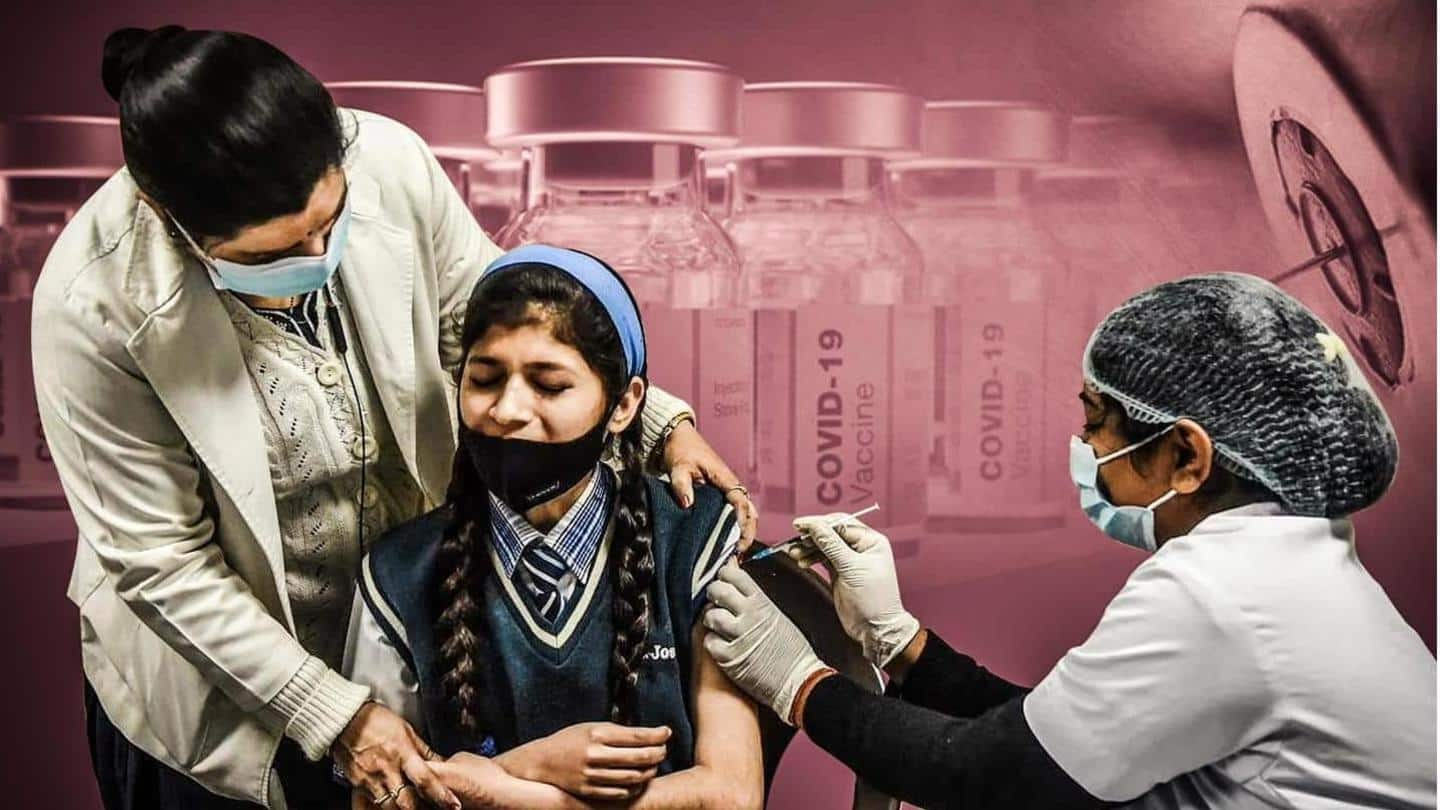
Centre rules out mixing up of vaccines for 'precautionary' dose
What's the story
The Centre on Wednesday ruled out the mixing up of COVID-19 vaccines for the third "precautionary" dose.
The precautionary COVID-19 vaccine dose will be the same as the one given previously, NITI Aayog member Dr. VK Paul said.
This means those eligible for "precautionary" doses will get the same vaccine dose as the first two doses.
Context
Why does it matter?
Last month, Prime Minister Narendra Modi had announced a "precautionary" dose for healthcare/frontline workers and senior citizens with comorbidities.
India decided to administer "precautionary" doses amid the threat posed by the Omicron variant of coronavirus.
The inoculation of "precautionary" doses will start from January 10.
Wednesday's clarification comes as reports suggested that the government may permit mix-and-match use of vaccines for precautionary doses.
Details
Centre also revises home isolation guidelines
The Union Health Ministry on Wednesday also announced revised guidelines for home isolation.
COVID-19 patients under home isolation will stand discharged after at least seven days from testing positive and no fever for three successive days, it said.
"There is no need for re-testing after the home isolation period is over," it added.
Earlier, the home isolation period ended after 10 days.
Guidelines
Testing for asymptomatic contacts of those infected
Asymptomatic contacts of infected individuals need not undergo COVID-19 test and monitor health in home quarantine, the guidelines stated.
The guidelines defined asymptomatic patients as those confirmed by the laboratory but not "experiencing any symptoms and have oxygen saturation at room air of more than 93%."
Asymptomatic cases "usually recover with minimal interventions" and can be "managed at home under medical guidance," it added.
Home Isolation
Mild/asymptomatic cases eligible for home isolation
As per the new guidelines, the patient assigned as a "mild/ asymptomatic case" by the treating medical officer will be "eligible" for home isolation.
However, it advised people not to rush for self-medication, blood investigation, etc.
Thus, it advised authorities to set up a designated control room contact number at the district/sub-district level to provide families with suitable guidance.
Action
Authorities to monitor home isolation cases daily
According to the guidelines, the district administration should monitor all cases under home isolation on a daily basis.
Similarly, patients are required to maintain a self-health monitoring chart which should include details like date and time; temperature; heart rate (from pulse oximeter); SpO2% (from pulse oximeter); feeling: (better/same/worse); and breathing (better/same/worse).
COVID-19
6.3X rise in COVID-19 cases: Government
On Wednesday, the government said India witnessed over 6.3 times rise in COVID-19 cases in the last eight days.
The case positivity rate also rose from 0.79% on December 29, 2021, to 5.03% on January 5, 2022.
Maharashtra, West Bengal, Delhi, Kerala, Tamil Nadu, Karnataka, Jharkhand, and Gujarat have emerged as states of concern, the central government added.